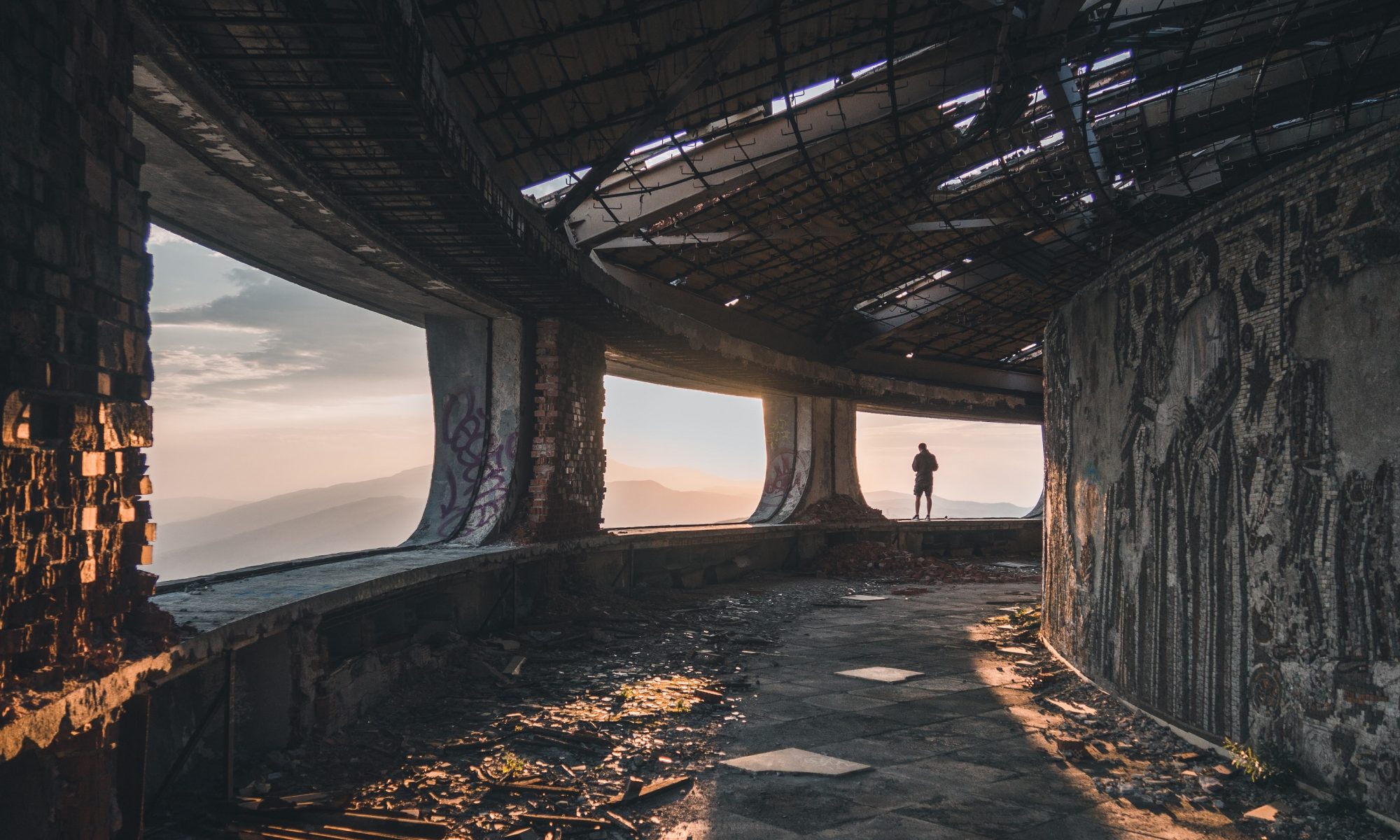I wanted to do another ‘favourite books’ post because I’ve definitely neglected a few friends and had a couple of thoughts on how to make amends. It goes without saying that in the ‘favourite books’ section, most of these books suck you right in from the get-go, but there are also definitely a lot of noteworthy authors that seem to particularly have a skill for immersion! So, who would I recommend as a particularly immersive author? Here’s a few starters:
- Laini Taylor: I absolutely love Taylor’s work. Daughter of Smoke and Bone was one of those books that I read on kindle and went straight out to buy in hardback so I could read it again (and managed to get a lush autographed copy as well!). But Night of Cake and Puppets, and Strange the Dreamer also manage this incredibly well. She’s a world-creator with mad skills!
- Brandon Sanderson: I’d argue that Sanderson is fantasy royalty at the moment. There was a day when Final Empire sat alone on the shelves, but Sanderson now commands multiple shelves! I’m a huge fan of the first two / four books of the Stormlight Archive, as well as Elantris, Final Empire and the Rithmatist. Sanderson’s worlds – however fantastic – are always believable.
- Charles De Lint: Urban fantasy is a tough gig. A modern world with magic, fairies and bikers? I came to De Lint’s work through Spiritwalk abnd Moonheart, and haven’t looked back since. His characters are complex, generally very loveable and his worlds completely compelling.
Who would you add?
